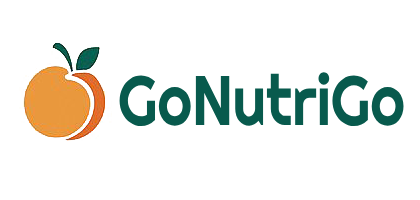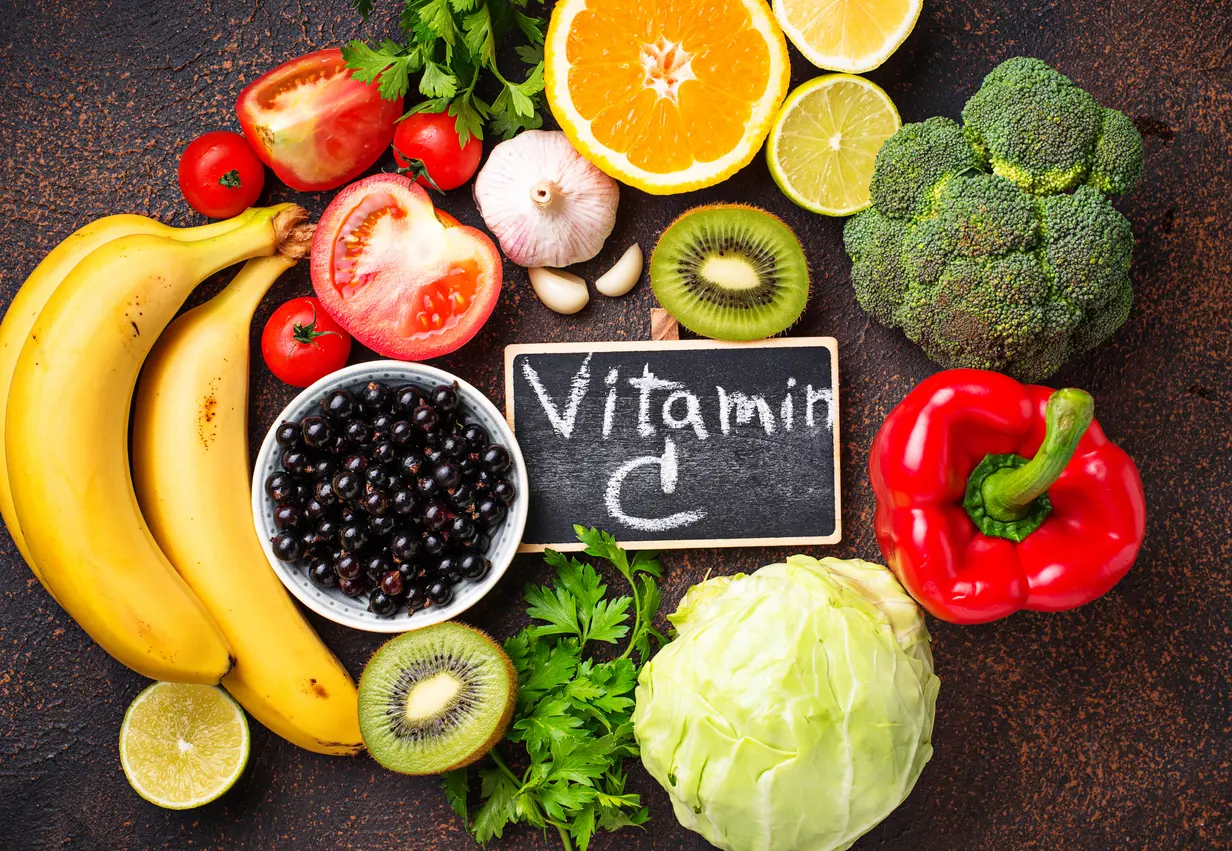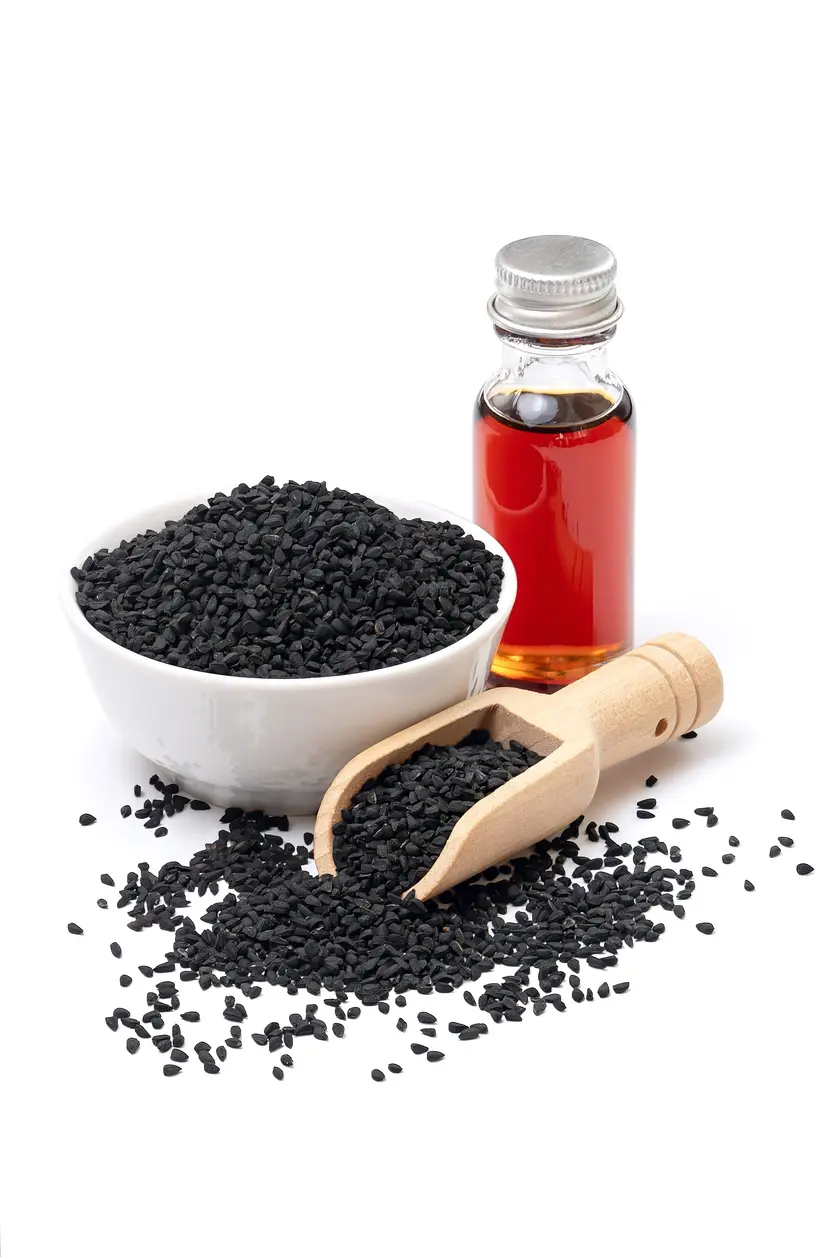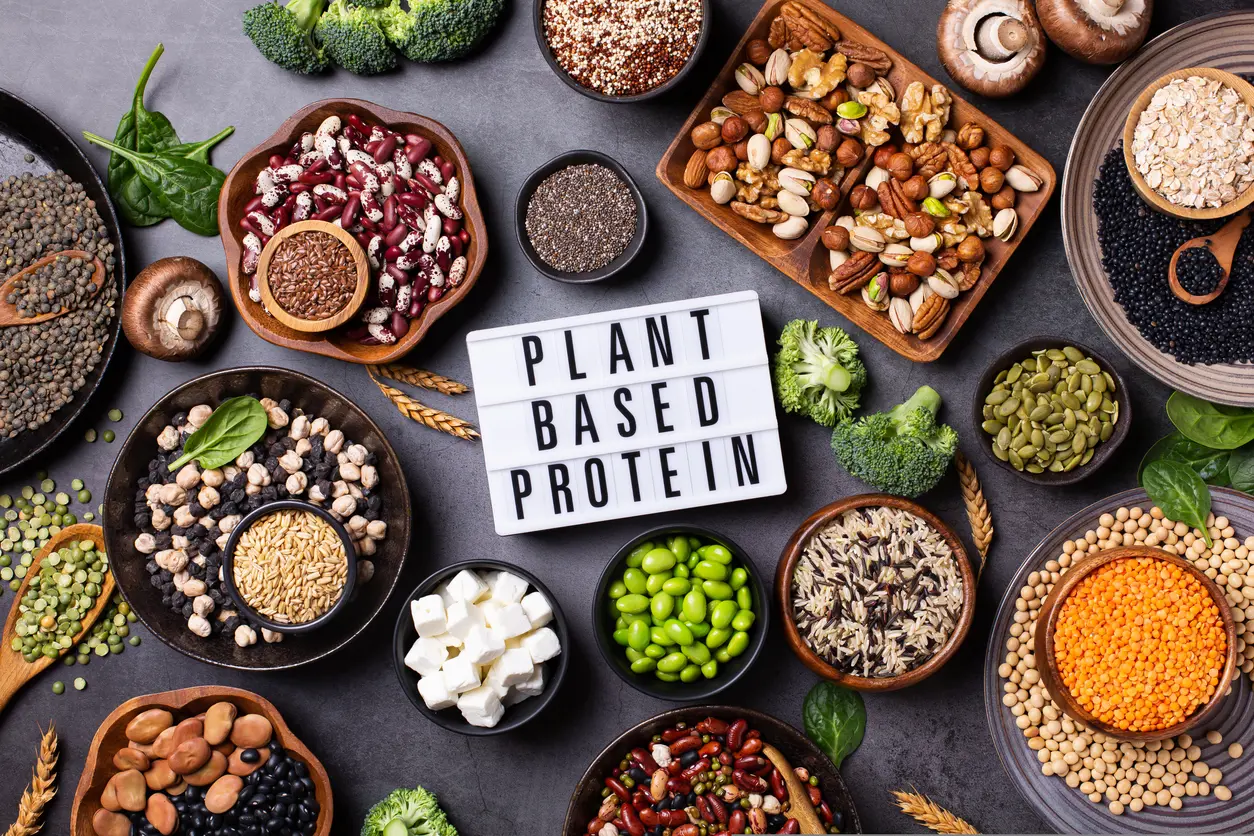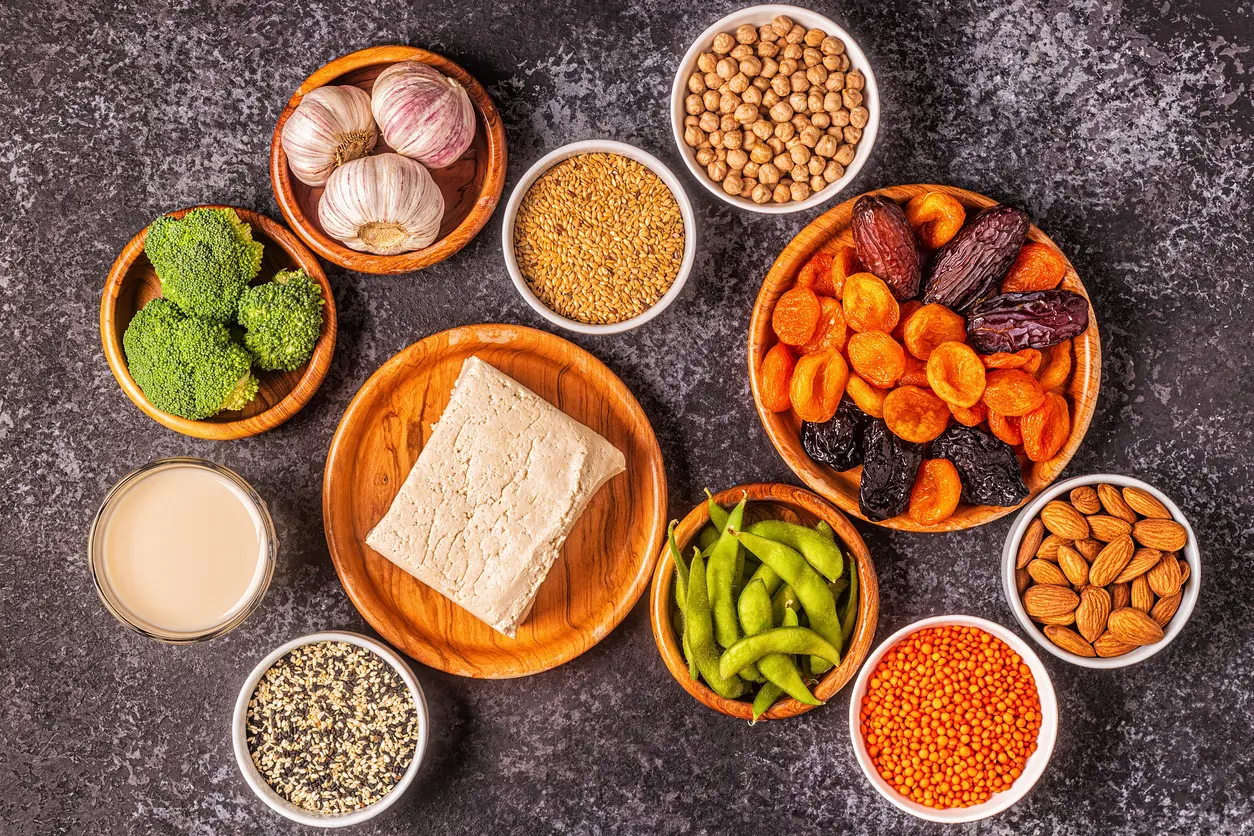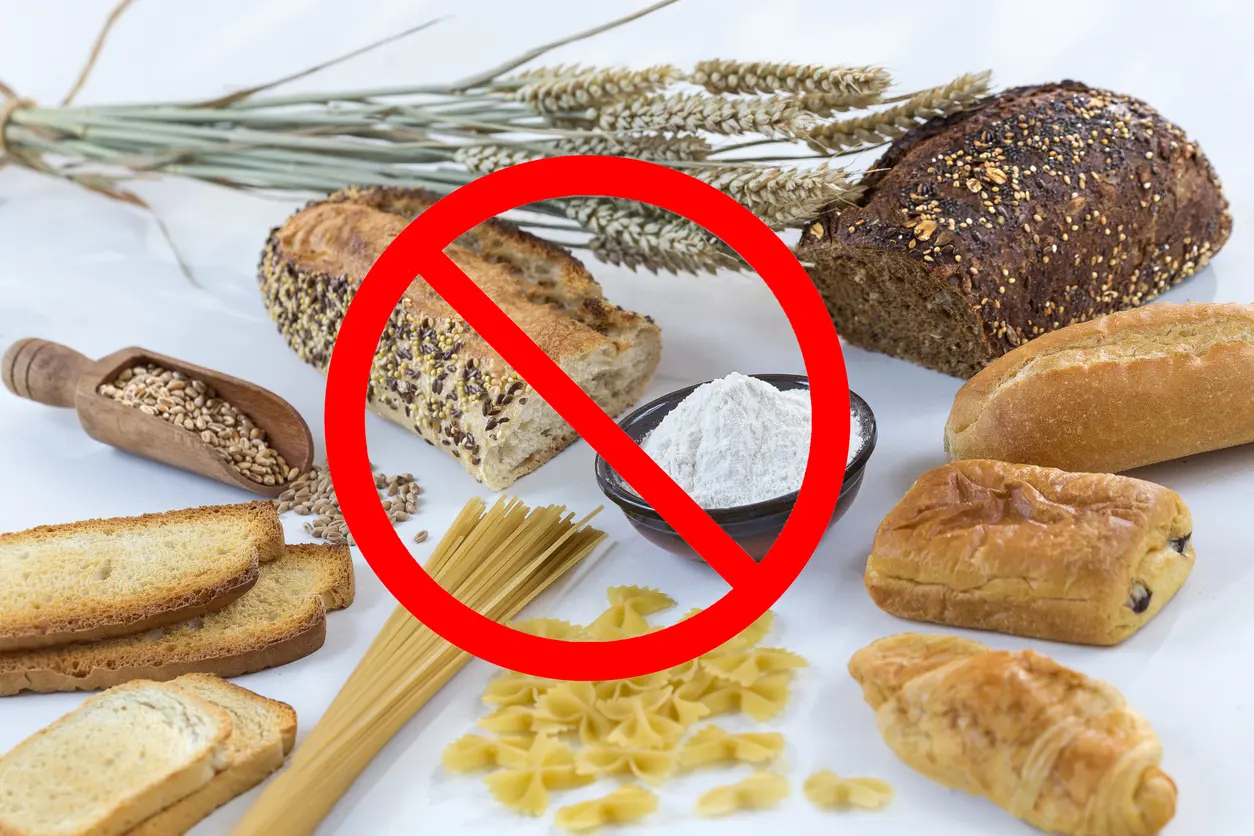Zinc Food Sources: Benefits, Deficiency, and Risks
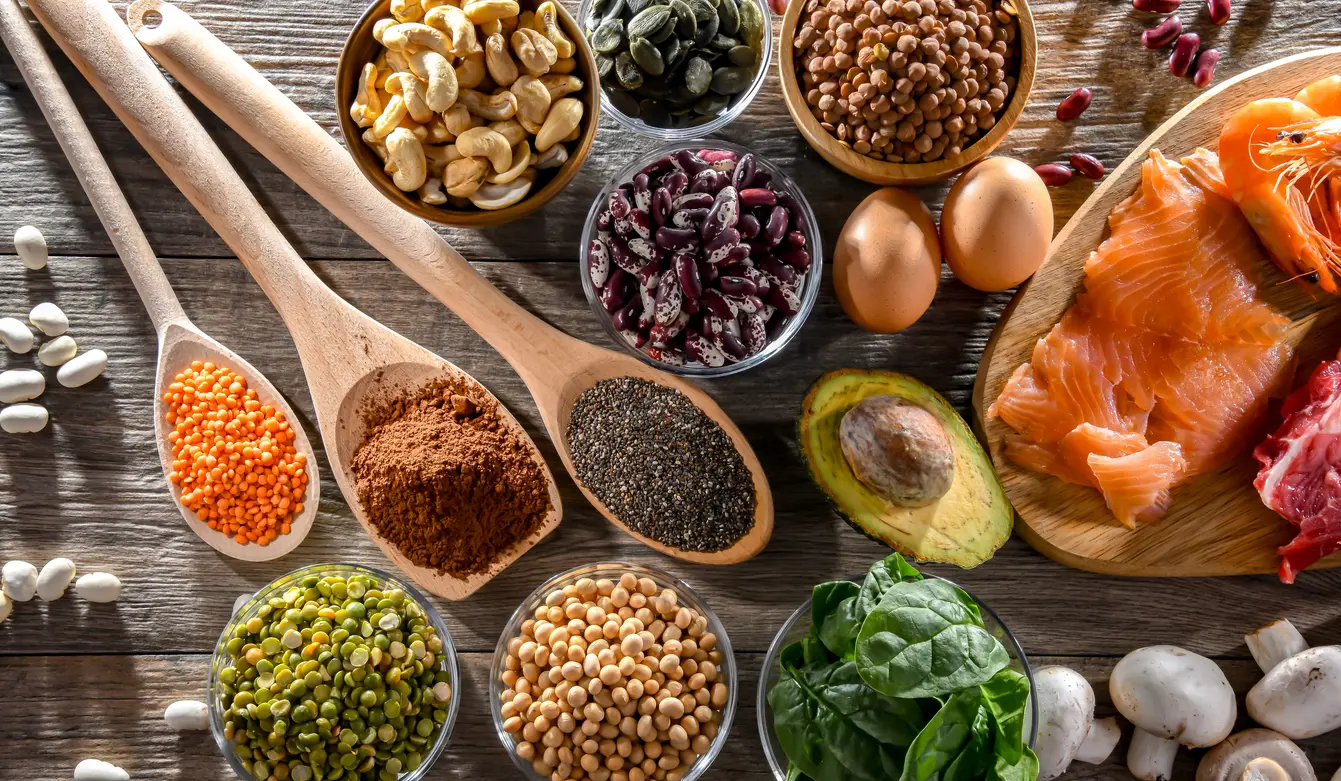
Zinc is a quiet multitasker. It doesn’t provide energy like carbs or fat do, but it helps your body do just about everything else: heal wounds, fight off infections, support growth, and keep your sense of taste and smell sharp.
Despite its importance, zinc deficiency is surprisingly common, especially for people who rely heavily on plant-based diets without careful planning. And while supplements are easy to grab, too much zinc can backfire and cause its own set of problems. [2] Roohani, N., Hurrell, R., Kelishadi, R., & Schulin, R. Zinc and its importance for human health: An integrative review: . 2013 Feb;18(2):144–157. (2013, February 1)
In this article, we’ll cover zinc-rich foods, the benefits of getting enough, what deficiency looks like, and the risks of going overboard, so you can keep your levels in a healthy, balanced range.
What Is Zinc, and Why Is It Important?
Zinc affects many aspects of the body, and its impact is bigger than most people realize. [3] Stiles, L. I., Ferrao, K., & Mehta, K. J. Role of zinc in health and disease. Clinical and Experimental Medicine, 24(1). 2024 It is a critical part of your immune system, supporting the growth and activity of immune cells like T-cells and neutrophils, which help fight off colds and viruses. That’s also why people with a zinc deficiency may experience frequent colds or lingering illnesses.
Zinc is also crucial for growth and development during periods of rapid change, such as childhood, adolescence, and pregnancy. By fueling DNA synthesis, cell division, and brain development, it lays the groundwork for healthy growth, physical development, and overall well-being.
Here is the daily recommended allowance for zinc: [1] Office of Dietary Supplements - Zinc. (n.d.).
- Infants (0–6 months): 2 mg
-
Infants (7–12 months): 3 mg
-
Children (1–3 yrs): 3 mg
-
Children (4–8 yrs): 5 mg
-
Teens (9–13 yrs): 8 mg
-
Teens (14–18 yrs): Boys 11 mg, Girls 9 mg
-
Adults: Men 11 mg, Women 8 mg
-
Pregnant teens: 12 mg
-
Pregnant women: 11 mg
-
Breastfeeding teens: 13 mg
-
Breastfeeding women: 12 mg
While severe cases of zinc deficiency are rare in the U.S. and other developed nations, mild or moderate deficiencies can often go unnoticed but can affect overall health. [4] Rabinovich, D., & Smadi, Y. (2023, May 1). Zinc, StatPearls - NCBI Bookshelf. However, it is still a serious concern in parts of the developing world, where it remains one of the leading causes of lost healthy years of life. [4] Rabinovich, D., & Smadi, Y. (2023, May 1). Zinc, StatPearls - NCBI Bookshelf.
Top Zinc Food Sources
Certain foods are great sources of zinc. These include: [1] Office of Dietary Supplements - Zinc. (n.d.).
- Red meats (beef, lamb): 5–7 mg per 3 oz
- Shellfish (oysters, crab, lobster): Outstanding sources—oysters are especially zinc-dense (oysters: ~30–50 mg per 3 oz; crab/lobster: 4–6 mg per 3 oz)
- Legumes (chickpeas, lentils, beans): Offer modest zinc (1–3 mg per cooked cup) with phytates that reduce absorption
- Nuts/seeds (pumpkin seeds, cashews): ~2 mg per ounce
- Dairy (milk, cheese, yogurt): ~1–2 mg per serving
- Whole grains (quinoa, oats) & fortified cereals: ~1–3 mg, depending on fortification and serving size
Bioavailability note: Animal-derived zinc is better absorbed than plant-based sources because phytates interfere with zinc absorption. Vegetarians and vegans should use strategies such as soaking, sprouting, or fermenting to boost zinc bioavailability. [1] Office of Dietary Supplements - Zinc. (n.d.).
Benefits of Zinc
Zinc can contribute to a range of conditions from the common cold to HIV.
Immune Support and Infection Defense
Zinc offers many benefits for immunity. It supports T-cell and neutrophil function, helping your immune system act quickly. Studies suggest zinc lozenges can shorten a cold’s duration, though they don’t reduce symptom severity. In global health contexts, zinc is used to reduce the duration of diarrhea in children. [5] Office of Dietary Supplements - Dietary supplements for immune function and infectious diseases. (n.d.-b).
Skin Health and Wound Healing
From lab studies to clinical use, zinc is shown to help rebuild tissue and manage inflammation. It is also behind the effectiveness of topical zinc oxide (such as diaper rash creams). [4] Rabinovich, D., & Smadi, Y. (2023, May 1). Zinc, StatPearls - NCBI Bookshelf.
Cognitive Function and Mental Health
Zinc plays a significant role in DNA and neurotransmitter function, which ties it to memory, mood, and brain development. Low zinc can take a toll on cognition, particularly as people age. [6] Gower‐Winter, S. D., & Levenson, C. W. (2012) Zinc in the central nervous system: From molecules to behavior. BioFactors, 38(3), 186–193.
Growth and Development
Kids and teens rely on zinc for proper physical and cognitive development. Deficiency can stunt growth, delay puberty, and impact appetite and learning. [4] Rabinovich, D., & Smadi, Y. (2023, May 1). Zinc, StatPearls - NCBI Bookshelf.
Additional Health Perks
Zinc may also play a protective role in maintaining eyesight. Research shows it can help lower the risk of advanced age-related macular degeneration (AMD) and the vision loss that often comes with it. [7] Degeneration, A. V. a. Z. R. R. O. V. L. F. a. M. (2025, January 16). Antioxidant Vitamins and Zinc Reduce Risk of Vision Loss from Age-Related Macular Degeneration. National Eye Institute.
Beyond eye health, zinc is closely tied to the body's management of blood sugar, and some studies have shown it to be a factor in reducing the risk of diabetes. [8] Dib, R. E., Gameiro, O. L., Ogata, M. S., Módolo, N. S., Braz, L. G., Jorge, E. C., Nascimento, P. D., Junior, & Beletate, V. (2015). Zinc supplementation for the prevention of type 2 diabetes mellitus in adults with insulin resistance. Cochrane Library, 2015(5). Diabetes can cause long-term complications that affect the eyes, kidneys, nerves, heart, and blood vessels. [8] Dib, R. E., Gameiro, O. L., Ogata, M. S., Módolo, N. S., Braz, L. G., Jorge, E. C., Nascimento, P. D., Junior, & Beletate, V. (2015). Zinc supplementation for the prevention of type 2 diabetes mellitus in adults with insulin resistance. Cochrane Library, 2015(5). In type 2 diabetes, the core issue of insulin resistance is often linked with other conditions such as atherosclerosis, high cholesterol, glucose intolerance, high uric acid levels, high blood pressure, and polycystic ovary syndrome. Zinc is essential for both the production and proper function of insulin. Research suggests it may help stimulate insulin activity and support insulin receptor function, making it a valuable mineral in understanding and managing diabetes.
Zinc Deficiency: Causes, Symptoms, and Risks
Zinc deficiency causes may include: [1] Office of Dietary Supplements - Zinc. (n.d.).
- Low dietary intake: This is especially true for diets lacking animal protein or relying on unfortified whole grains and legumes high in phytates.
- Malabsorption issues: Conditions including Crohn’s, celiac, short bowel, liver cirrhosis, and anorexia can reduce zinc uptake or increase loss.
- Increased needs: Pregnancy, breastfeeding, childhood, and illness can raise zinc requirements.
- Medication or treatment interactions: These can further impair absorption.
Zinc deficiency symptoms may include: [1] Office of Dietary Supplements - Zinc. (n.d.).
- Impaired growth in infants and children
- Diarrhea in infants and children
- Hair thinning or loss (alopecia)
- Frequent infections due to weakened immune function
- Impaired wound healing (noted in older adults)
- Loss of appetite
- Changes in cognitive and psychological function in older adults
- Impaired senses of taste and smell
Several groups are more at risk for zinc deficiency: [1] Office of Dietary Supplements - Zinc. (n.d.).
- Vegetarians and vegans (due to lower bioavailability and absent animal-based zinc)
- Older adults (marginal intake, absorption decline)
- Pregnant and lactating women (higher physiological demand)
- People with digestive disorders such as Crohn’s, celiac, and ulcerative colitis
- Those with a poor diet variety or alcohol dependence
Risks of Too Much Zinc
Like most nutrients, zinc is best in balance. Too much can cause problems ranging from nausea, stomach upset, and loss of appetite to headaches and dizziness. [1] Office of Dietary Supplements - Zinc. (n.d.).
Taking 50 mg or more of zinc a day for weeks at a time, typically from supplements or heavy use of zinc-containing denture creams, can start to interfere with copper absorption, weaken immune function, and even lower HDL (“good”) cholesterol. Extremely high doses, around 142 mg per day, may also disrupt magnesium balance. [1] Office of Dietary Supplements - Zinc. (n.d.).
Food alone rarely provides these kinds of levels, so zinc toxicity from diet is very unlikely. The bigger risk comes from over-supplementing or misusing products that contain zinc. Overuse of certain denture adhesive creams has been linked to serious issues such as nerve damage and anemia, though zinc-free versions are now available. [1] Office of Dietary Supplements - Zinc. (n.d.).
Toxicity Symptoms
Consuming high levels of zinc can cause symptoms, including:
- Nausea
- Vomiting
- Diarrhea
- Stomach cramps
- Headaches
- Lethargy
Upper Safe Limit
The Food and Nutrition Board recommends that healthy adults keep total zinc intake (food plus supplements) under 40 mg per day. Higher doses may be appropriate in medical treatment, but only under the supervision of a healthcare provider.
Interactions with Other Minerals
Excessive zinc can block copper absorption over time, leading to copper deficiency, which manifests as anemia (microcytic or sideroblastic), neutropenia, and neurological symptoms such as numbness or weakness. [1] Office of Dietary Supplements - Zinc. (n.d.).
Long-Term Risks
Chronic high-dose zinc supplementation can put you at risk of zinc overdose, and has been linked to suppressed immunity, impaired HDL (“good”) cholesterol, and interference with iron and copper status. [1] Office of Dietary Supplements - Zinc. (n.d.).
How to Maintain Healthy Zinc Levels
Eating foods high in zinc can help maintain healthy zinc levels: [1] Office of Dietary Supplements - Zinc. (n.d.).
- Prioritize zinc food sources: Eat a variety of foods. You may include meats, fish, shellfish, and dairy if you eat them. Also, balance meat and dairy with plant sources such as beans, nuts, seeds, whole grains, and fortified cereals.
- Boost absorption on a plant-based diet: Soak or sprout beans and grains, enjoy fermented foods like tempeh or sourdough, and pair zinc-rich foods with vitamin C.
- Be cautious with supplements: Only use them if recommended by a healthcare provider, and don’t exceed 40 mg/day from all sources.
- Check your levels if needed: Ask your provider about testing zinc, copper, and related markers if you have symptoms, health conditions, or long-term supplement use.
Conclusion
Zinc may be a trace mineral by definition, but don’t let the word “trace” fool you. The benefits of zinc and its influence show up everywhere: in how your immune system fights off colds, how quickly your skin heals after a cut, how children grow, and even in how your body processes the food you eat. In other words, it might be small in quantity, but its impact is significant.
The best way to stay on top of your zinc needs is through food. Building a diet with a variety of zinc-rich options—including beans, seeds, nuts, dairy, whole grains, and lean proteins—gives your body what it needs in a steady, balanced way.
Supplements can be helpful, but more isn’t always better. Too much zinc can work against you and cause adverse effects such as nausea, stomach issues, or trouble absorbing other essential minerals like copper. If you do supplement with zinc, check with your healthcare provider and make sure nothing feels off. Keeping your zinc levels where they should be is an easy way to take care of your health.
Was this article helpful?
-
Office of Dietary Supplements - Zinc. (n.d.).;
https://ods.od.nih.gov/factsheets/Zinc-HealthProfessional/ -
Zinc and its importance for human health: An integrative review: . 2013 Feb;18(2):144–157. (2013, February 1); Roohani, N., Hurrell, R., Kelishadi, R., & Schulin, R.;
https://pmc.ncbi.nlm.nih.gov/articles/PMC3724376/ -
Role of zinc in health and disease. Clinical and Experimental Medicine, 24(1). 2024; Stiles, L. I., Ferrao, K., & Mehta, K. J. ;
https://link.springer.com/article/10.1007/s10238-024-01302-6 -
Zinc, StatPearls - NCBI Bookshelf.; Rabinovich, D., & Smadi, Y. (2023, May 1). ;
https://www.ncbi.nlm.nih.gov/books/NBK547698/ -
Office of Dietary Supplements - Dietary supplements for immune function and infectious diseases. (n.d.-b).;
https://ods.od.nih.gov/factsheets/ImmuneFunction-Consumer/?utm_source -
Zinc in the central nervous system: From molecules to behavior. BioFactors, 38(3), 186–193.; Gower‐Winter, S. D., & Levenson, C. W. (2012);
https://pmc.ncbi.nlm.nih.gov/articles/PMC3757551/ -
Degeneration, A. V. a. Z. R. R. O. V. L. F. a. M. (2025, January 16). Antioxidant Vitamins and Zinc Reduce Risk of Vision Loss from Age-Related Macular Degeneration. National Eye Institute.;
https://www.nei.nih.gov/about/news-and-events/news/antioxidant-vitamins-and-zinc-reduce-risk-vision-loss-age-related-macular-degeneration -
Zinc supplementation for the prevention of type 2 diabetes mellitus in adults with insulin resistance. Cochrane Library, 2015(5).; Dib, R. E., Gameiro, O. L., Ogata, M. S., Módolo, N. S., Braz, L. G., Jorge, E. C., Nascimento, P. D., Junior, & Beletate, V. (2015). ;
https://www.cochranelibrary.com/cdsr/doi/10.1002/14651858.CD005525.pub3/full

